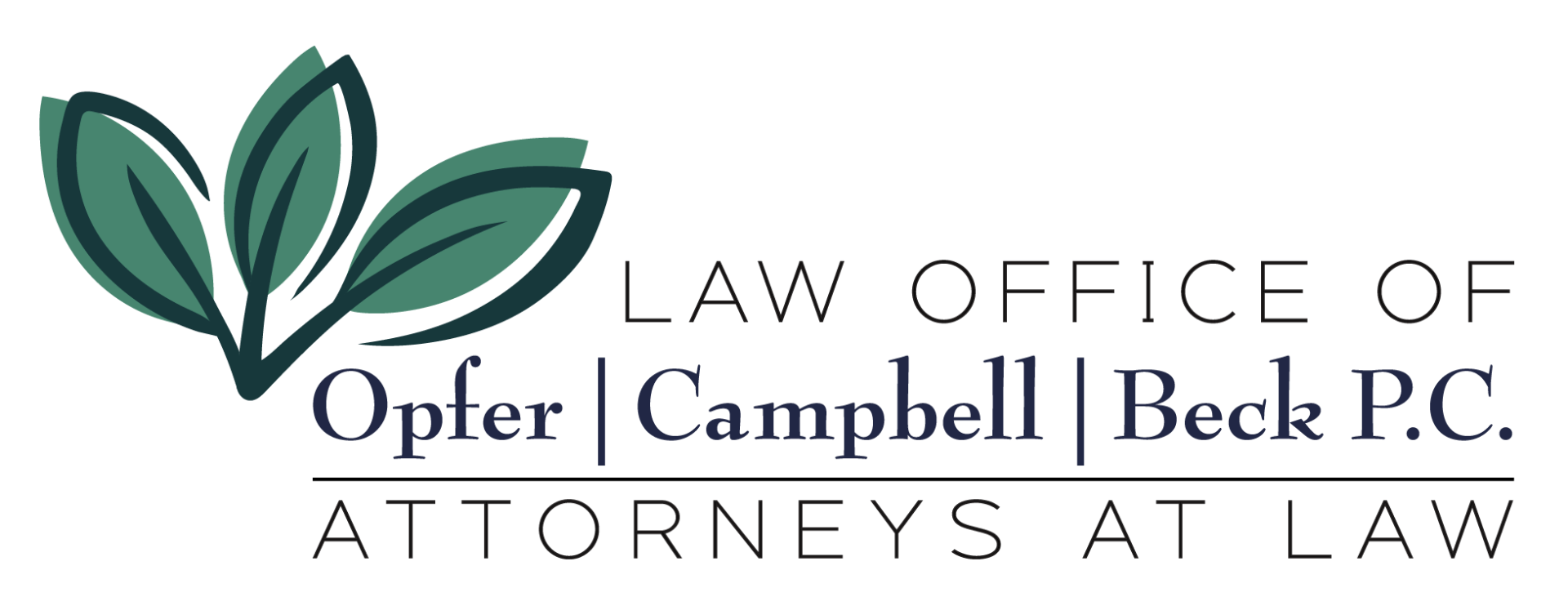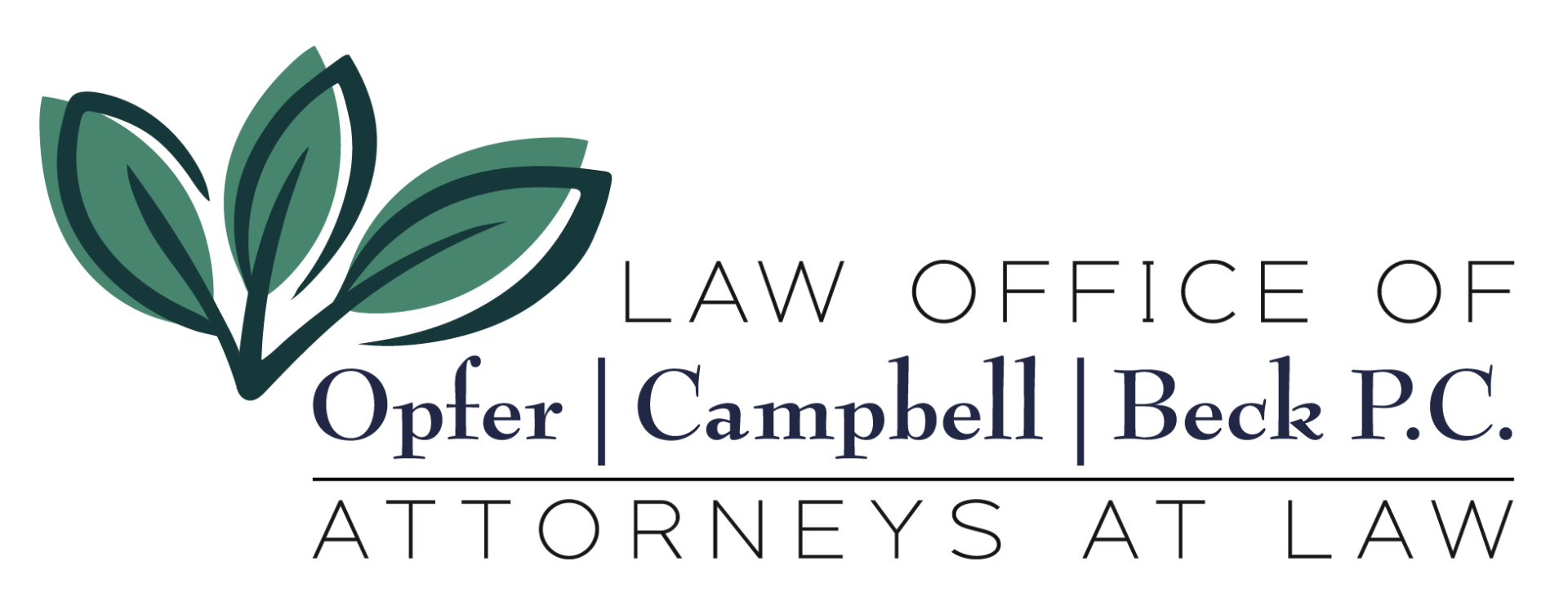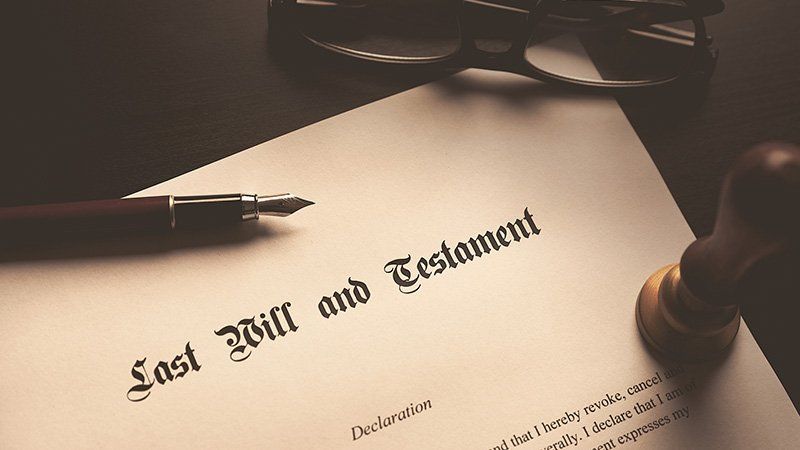Client Login
×Practice Areas
Probate, Elder Law, & Trust Administration
The World of Probate, Elder Law, and Trusts Administration
When it comes to fears about sickness and dying, one of the biggest added concerns is the possibility of probate. This can take the form of elder law (guardianships and conservatorships), estates, and/or trust matters. Across America, we hear horror stories of “probate” as lengthy, expensive, complicated, and full of conflict. Every state has a different set of rules for probate, but rest assured that probate in Colorado can be a smooth process.
Even a well-crafted estate plan can find its way to probate. This happens because of the way you titled your assets (e.g. house, cars) at the time of death. And even with documents like a Last Will, you must take extra steps to avoid court proceedings (**because a Will does not avoid probate on its own - contact us for a discussion about estate planning!).
Importantly, Colorado has a very effective, streamlined system for probate matters. Depending on the legal issues at hand, the process may only take weeks or months to complete. Unfortunately, probate cases open the door for fights between the different parties involved. Even with the best intentions, any interested person may challenge something happening in probate. The resulting litigation can last for years and cost substantial amounts. So although probate is not as daunting in Colorado, it is still an involved process with many requirements.
Estate Administration
After the death of a loved one, the very last thing we want to deal with is going through probate. However, the majority of people will not take steps needed to avoid probate, or an issue or conflict might force us through probate even with a proper estate plan. Although Colorado is one of the best states for addressing probate, it is still a lengthy process full of filings, deadlines, and other complexities. There are two primary types of probate estates in Colorado ("formal" vs. "informal"), and then probate is complicated even more based on whether the person who died left a Will ("intestate" vs. "testate"). Whether you are, or want to be, the Executor / Personal Representative, or if you are an heir / beneficiary and just need to know your rights, an estate attorney exists to help you in these difficult situations.
Guardians for Children
The death, disability, or other loss of a loved one is extremely difficult time for anyone, but none more so than a child. While the adults scramble to pick up the pieces, they may forget the child left behind is experiencing endless difficulties. It is important to address the child’s needs quickly, which likely means pursuing a legal guardianship.
“Guardianship” is a probate action filed in the county where the child resides. By Colorado law, any person interested in the welfare of the child can petition appointment as the child’s guardian. If, however, a valid guardian nomination exists, the nominee receives top priority for appointment. A person can make nominations through documents such as a Last Will or General Power of Attorney. If the child is older than 12, they have a voice and can ask for a specific appointment. Once the probate judge finds that a certain person is best to take over care, it can appoint that person as Emergency (up to 60 days), Temporary (up to 6 months), or Permanent Guardian (until age 18). Afterwards, the guardian must file initial and annual reports until the guardianship terminates.
Guardians & Conservators for Adults (Elder Law)
Similarly, when an adult becomes sick or disabled and can no longer make decisions for themselves, it creates a great strain on the family. When coupled with years of unresolved conflicts, this “incapacity” often results in children fighting over the best plan of care for their parent. The failure to reach agreement leads to fights over doctor appointments and medical procedures, housing arrangements, management of finances and property, and an overall lack of decision-making. All the while, the parent is in the middle, of the fight, helpless.
In planning for incapacity, the most effective solution is to create Medical Durable and General Durable Powers of Attorney. But if the adult did not, and now cannot, sign a Power of Attorney, the only option left is the local probate court. These “protective proceedings,” also known as elder law proceedings, and consist of Guardian (medical) and Conservator (financial) appointments for the adult. The cases are filed and managed in the county where this “Protected Person” resides. The proceedings grant court oversight and supervision for the Protected Person’s affairs, which has both benefits and drawbacks. Court supervision minimizes the risk that anyone can steal money, cut the person off from contact with family, etc. However, any major decisions, and most bill payments, require court approval, creating added delays and expenses in caring for the Protected Person.
Trust Administration
Serving as the Trustee, Trust Protector, or Beneficiary of a trust can be an extremely daunting endeavor. Trustees, and some Trust Protectors, are “fiduciaries” that have many legal requirements. Complying with all the “fiduciary duties” of a trust is a constant process. Trustees manage assets, make investment decisions, prepare accountings, make distributions, and deal with conflicts that arise between beneficiaries. All these tasks can overwhelm even the most well-prepared individuals. Beyond the Trustee, a Trust Protector is responsible for making sure that the Trustee is acting appropriately. And trust Beneficiaries have their own legal rights, based on the interests left to them by the trust creator.
In any role of a trust, you can engage legal representation, whether to assert your rights or just to ensure that administration is on the right track. Nearly every problem has a solution, but the longer it goes unresolved, the more expensive and difficult the solution becomes. An experienced attorney can help trust administration begin correctly, and avoid probate litigation proceedings later on.
How can Opfer | Campbell | Beck P.C. help?
Whether for a minor or adult, guardian and conservator cases require a great deal of care, understanding, and knowledge of Colorado elder law. It is crucial that, if you find yourself with someone in this circumstance, they are protected from anyone that might cause them harm. Estate proceedings and trust administration have many requirements, and failure to meet them can result in lawsuits and sanctions. The attorneys at Opfer Campbell Beck P.C. have extensive experience in both estate planning and probate/elder law matters, and they will help you navigate these processes with compassion and zealous representation.
Recent Blog Posts

Offices
Parker Station - 19751 East Mainstreet, Suite 215
Parker, CO 80138
Summit County - 620 East Main Street #6
Frisco, CO 80443
Phone
The experienced attorneys of Opfer | Campbell | Beck P.C., serve clients throughout both the Denver, Colorado (CO), metropolitan area , as well as clients and cases in Summit County.





